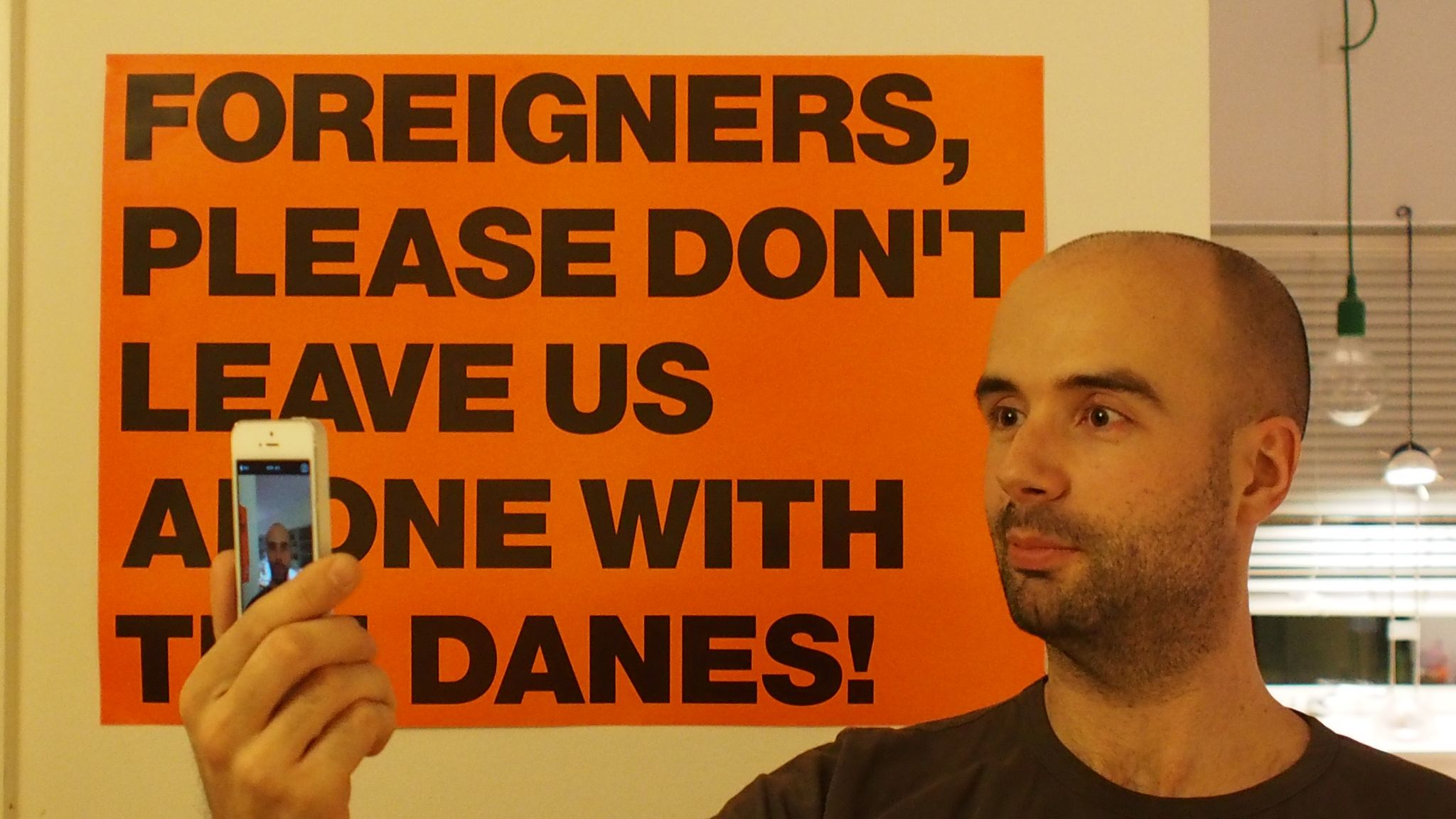


We live in the era of computation and play. Everywhere we look, there is a computer, translating the world around us into patterns for production of labor or consumption of entertainment. And now more than ever, we play everywhere: our work should be playful, as it should be our dieting, our love life, and even our leisure. We play as much as we can, in this world of computers.
In this talk Sicart will look at the culture, aesthetics, and technological implications of play in the age of computers. He will propose a theory of play that includes the materiality of computation in its definition of the activity, and will suggest that our forms of playing with machines are both forms of surrendering to the pleasures of computation, and forms of creative resistance to the reduction of our worlds to computable events.
Miguel Sicart is a games scholar based at the IT University of Copenhagen. For the last decade his research has focused on ethics and computer games, from a philosophical and design theory perspective. He has two books published: The Ethics of Computer Games; and Beyond Choices: The Design of Ethical Gameplay (MIT Press 2009, 2013). His current work focuses on playful design, and will be the subject of a new book called Play Matters (MIT Press, 2014). Miguel teaches game and play design, and his research is now focused on toys, materiality, and play.